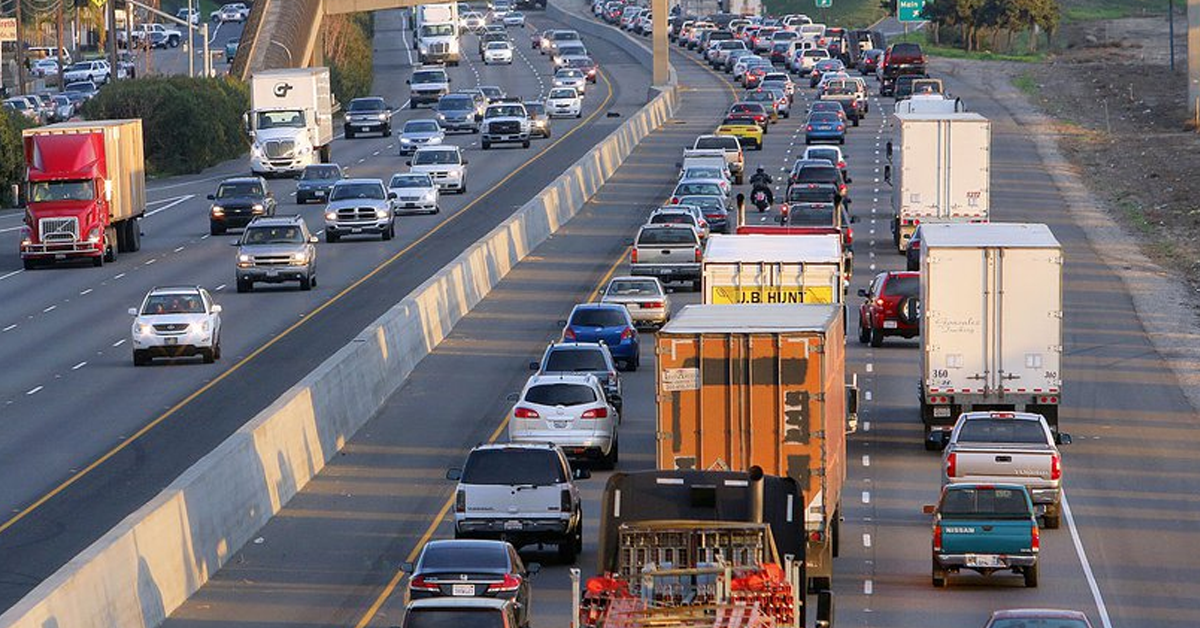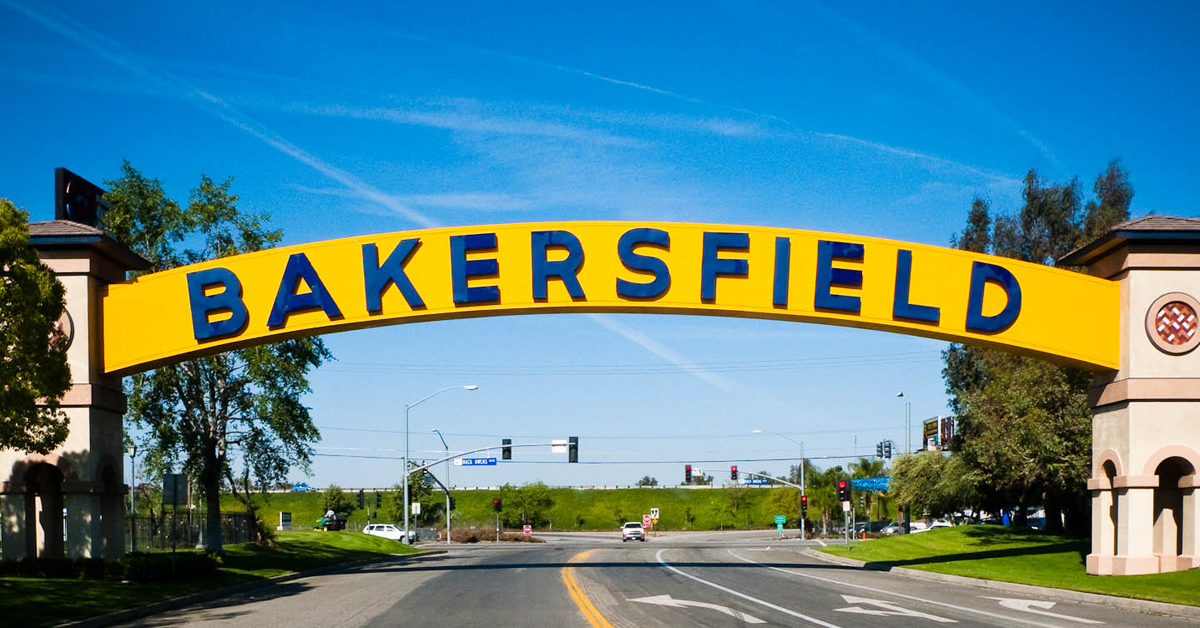In a lengthy, wide-ranging Friday press conference, Gov. Gavin Newsom unveiled his 2020-2021 budget, totalling $222.2 billion in spending on the year.
Newsom’s proposal included $33 million in funding dedicated to the D.R.I.V.E Initiative, a Fresno-based consortium aiming to improve the regional economy by resolving racial and socioeconomic factors that have served as impediments to mobility.
“I have been so impressed with this DRIVE coalition out of Fresno, this public-private partnership of the region’s leaders, they have put together a remarkable plan,” he said.
“We’ll make a down payment on that by putting $33 million to coordinate with UC Merced,”
Newsom’s budget allocation included an additional $17 million for Valley workforce development.
Beyond the confines of the Valley, the budget served as a preview of the battle lines to be fought in Sacramento throughout the remainder of the first year of the decade.
Here’s a quick sampling of what’s on the horizon:
Tackling homelessness
It’s “the issue that defines our times,” Newsom remarked in his nearly-three-hour-long presser.
Adding to the $1 billion already allocated last year to address the state’s ongoing homelessness crisis, The Governor sought $1.4 billion for homeless services, emphasizing rapid response housing strategies – including emergency rental assistance and mental health facilities.
He also pushed to deploy 100 state-owned trailers to serve as temporary shelter while converting excess public property into emergency homeless housing.
As for easing the burdens of homebuilding in California to meet his campaign goal of 3.5 million new homes, Newsom did not unveil any proposal that would lessen laws like the California Environmental Quality Act (CEQA) or other similar bills.
Health Care for Illegal Immigrants
Newsom did propose extending Medi-Cal to illegal immigrants over the age of 65, an $64.2 million increase in spending annually. The move would make Medi-Cal the lone Medicaid program providing services to illegal immigrants of all ages.
Despite the boost via health care coverage, Newsom is still in opposition to extending the earned income tax credit to illegal immigrants who file tax returns.
State of Pharma
An intriguing nugget from Newsom’s budget proposal was the creation of a state-run generic prescription drug label.
Newsom proposed creating a singular market to set drug pricing, while contracting with generic drug manufacturers to create drugs for California patients.
“If Costco can have a Kirkland brand, why can’t California have our own generic brand?” said Asm. Joaquin Arambula (D–Fresno) told CBS News. “I really do think there is quite a bit of merit in having us produce the medications.”
The proposal, it should be noted, does not have a price tag attached to it.
The $250 billion elephant
Despite a bevy of programs and initiatives, Newsom’s budget proposal sticks to a modest investment in paying down nearly $250 billion in long-term pension and retirement health care liabilities.
According to his proposal, the state would pay $3.15 billion into California’s teacher and public employee retirement systems (CalSTRS and CalPERS, respectively).
Of that sum, $2.3 billion is addressing unfunded liabilities held by the systems.
Local pols sound off
Senate Republican Leader Shannon Grove (R–Bakersfield) noted that, despite the turn of the calendar, “the California dream has faded.”
“We have faced the deadliest and most destructive wildfires, the homeless population has skyrocketed, and among other things, home prices have drastically increased,” Grove said in a statement.
Meanwhile, Asm. Devon Mathis (R–Visalia) noted that despite a generous budget proposal, it lacked in one key category for Valley residents: water.
“While our population has grown dramatically, we have not built a new reservoir in decades,” Mathis said in a statement. “We need to make investments in our water infrastructure that increase storage, help people conserve and improve our ability to weather the next drought.”
And Sen. Andreas Borgeas (R–Fresno) said that the exceedingly-high spending levels could spell doom should the Golden State enter a recession.
“The Governor’s proposed budget increases spending to an alarming $222.2 billion. We have seen California’s $21.5 billion surplus last fiscal year drop to an estimated $4 to $7 billion surplus this fiscal year, according to the Legislative Analyst’s Office,” Borgeas said in a statement. “Should current trends continue, California may enter a recession in the next fiscal year. Therefore, California’s fiscal approach should be prudent and responsible, remembering that investments in infrastructure, disaster preparedness, transportation, housing and water are our most immediate concerns.”











